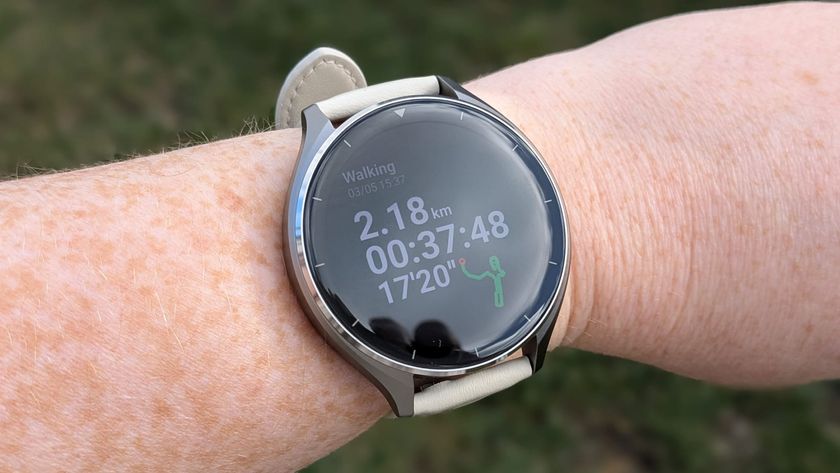Brain Sees Tools as Extensions of Body
The idea that the human brain sees tools as an extension of the body is an old one. Now scientists have some proof that it's true.
Tool use is not entirely unique to humans, but the efficient use of a wide range of tools is a key skill separating us from other animals. Researchers have long thought that when we use a tool, even for just a few minutes, it changes the way our brain represents the size of our body; the tool becomes a part of what is known in psychology as our body schema.
In the new study, researchers reasoned that if one incorporates a used tool into the body schema, his or her subsequent bodily movements should differ when compared to those performed before the tool was used.
Indeed, that is exactly what they saw.
After using a mechanical grabber that extended their reach, people behaved as though their arm really was longer, they found.
It's a phenomenon each of us unconsciously experiences every day, the researchers said. The reason you were able to brush your teeth this morning without necessarily looking at your mouth or arm is because your toothbrush was integrated into your brain's representation of your arm.
What's more, study participants perceived touches delivered on the elbow and middle fingertip of their arm as if they were farther apart after their use of the grabbing tool.
Sign up for the Live Science daily newsletter now
Get the world’s most fascinating discoveries delivered straight to your inbox.
People still went on using their arm successfully following after tool use, but they managed tasks differently. That is, they grasped or pointed to object correctly, but they did not move their hand as quickly and overall took longer to complete the tasks.
"Since the origin of the concept of body schema, the idea of its functional plasticity has always been taken for granted, even if no direct evidence has been provided until now," said Alessandro Farnè of INSERM and the Université Claude Bernard Lyon. "Our series of experiments provides the first, definitive demonstration that this century-old intuition is true."
The finding, detailed in tomorrow's issue of the journal Current Biology, help to explain how it is that humans use tools so well.
"We believe this ability of our body representation to functionally adapt to incorporate tools is the fundamental basis of skillful tool use," said Farnè's colleague Lucilla Cardinali. "Once the tool is incorporated in the body schema, it can be maneuvered and controlled as if it were a body part itself."












